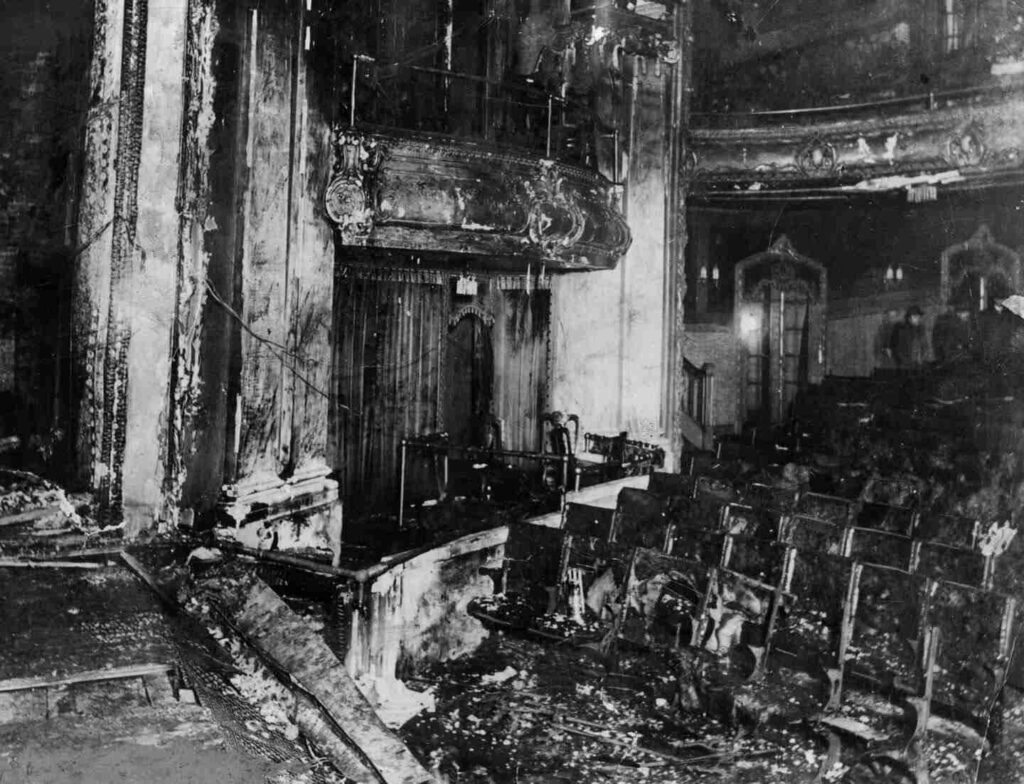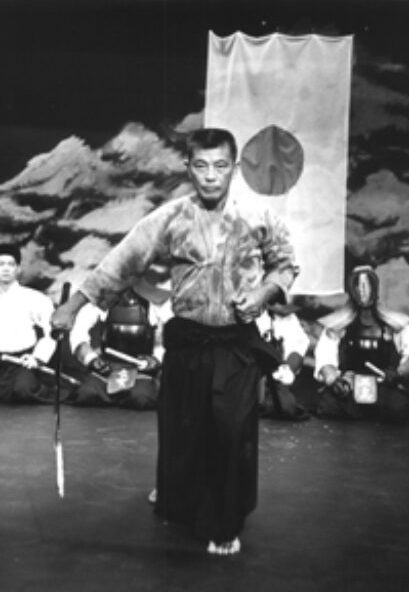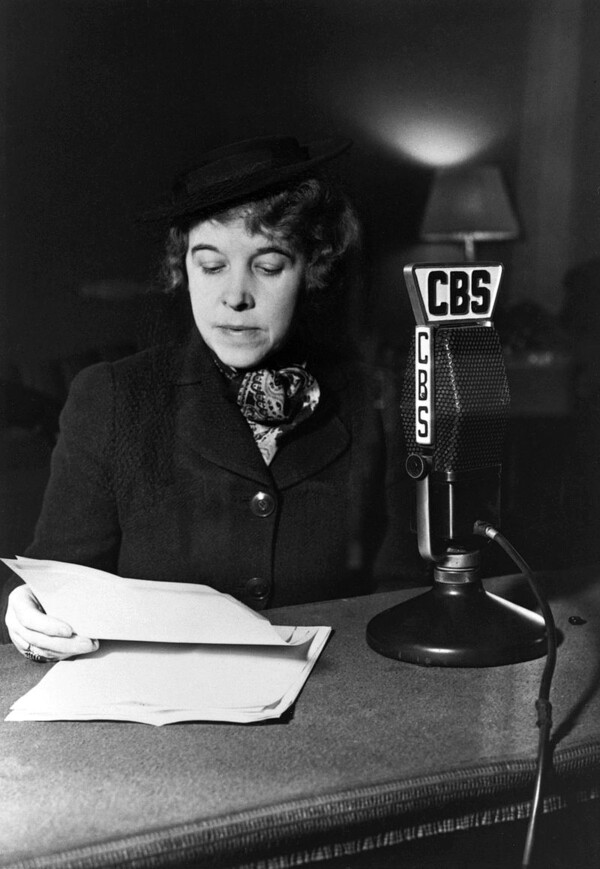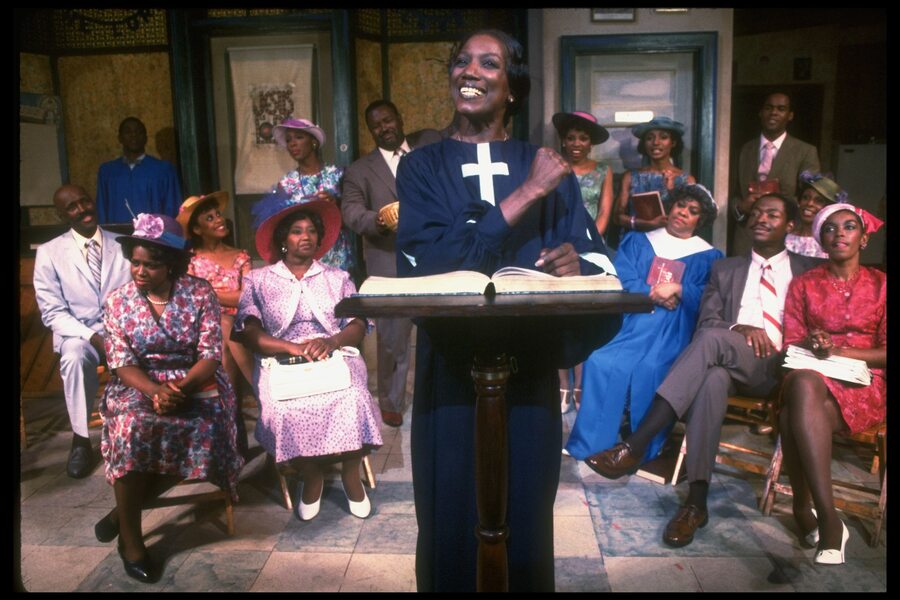December 1883 (140 years ago)

Excelsior, the first stage production to use electric lighting, opened at the Brooklyn Academy of Music on Dec. 31 after a successful run at Niblo’s Garden in New York City earlier in the year. Producers Imre and Bolossy Kiralfy consulted with Thomas Edison on the best methods for the use of his incandescent light bulb, invented a few years earlier, onstage. The production finale featured more than 500 lightbulbs attached to the costumes of dancers, to handheld props, and to scenery representing the Brooklyn Bridge. The Brooklyn Daily Eagle said of the production, “It is certain that no grander production has ever been attempted, and, it may be added, carried to a successful conclusion, in this country.”
December 1903 (120 years ago)

A massive fire broke out in the Iroquois Theatre in Chicago on Dec. 30 during the second act of the matinee performance of the musical Mr. Bluebeard, resulting in approximately 600 deaths. The fire was ignited by a spark from a stage light falling on a nearby onstage drapery. Attempts to stop the fire with portable fire extinguishers were unsuccessful; after a fire-suppressant curtain snagged on a light, the fire spread from the stage to the auditorium. The audience of approximately 1,700 people were unable to effectively evacuate the theatre due to design flaws, as well as the theatre’s lack of adherence to fire regulations. Several changes to the city’s fire code were made as a result, including new standards for aisle width, exit accessibility, building occupancy limits, fire alarms, and sprinklers.
December 1928 (95 years ago)

The Ethel Barrymore Theatre opened on Dec. 20 with a production of The Kingdom of God by G. Sierra Martinez, starring the theatre’s namesake. Barrymore received seven curtain calls on opening night before giving a short speech to thank the Shubert brothers, who built the theatre. The producers offered to name it after the celebrated actor, then 49 years old, if she agreed to sign them as her managers. Located at 241 West 47th Street, the 1,058-seat theatre was designed by Herbert J. Krapp, who also designed several other Broadway theatres. The theatre was designated as a landmark by the city in 1987. The musical Harmony is currently running at the theatre.
December 1933 (90 years ago)

Actor Makoto Iwamatsu, commonly credited as Mako, was born on Dec. 10 in Kobe, Japan. After moving to the U.S. in 1949, Mako briefly served in the U.S. Army before beginning his study of theatre at the Pasadena Playhouse in the late 1950s. Mako had an extensive 40-plus year career on stage and screen, earning both Tony and Oscar nominations for his work. He was one of the co-founding members of East West Players, now the nation’s longest-running Asian American theatre company, in Los Angeles in 1965, and served as its artistic director until 1989. After Mako’s passing in 2006, EWP’s then-artistic director Tim Dang said, “What many people say is, ‘If it wasn’t for Mako, there wouldn’t have been Asian American theatre.’ He is revered as sort of the godfather of Asian American theatre.”
December 1938 (85 years ago)

Hallie Flanagan, national director of the Federal Theatre Project, testified before the House Special Committee on Un-American Activities on Dec 6. Known as the Dies Committee during this period after its chairman, Rep. Martin Dies Jr., the committee subpoenaed Flanagan to question her for several hours about her personal political affiliations as well as alleged communist sympathies within the FTP. Flanagan strongly defended the work of the FTP, telling the committee, “Every religious shade is covered and every political affiliation and every type of educational and civic body in the support of our theatre. It is the widest and most American base that any theatre has ever built upon.” Congress eventually ended all funding for the FTP in June 1939.
December 1983 (40 years ago)
Amen Corner, a musical adaptation of the 1954 play of the same name by James Baldwin, closed its Broadway run at the Nederlander Theatre on Dec. 4 after just 28 performances. With a book by Philip Rose and Peter Udell, lyrics by Udell, and music by Garry Sherman, the production starred Rhetta Hughes as Margaret Alexander, the pastor of a storefront church in Harlem struggling to balance the expectations of her congregation with the sudden return of her long-estranged jazz musician husband. Despite the short run, Hughes was nominated for the Tony Award for Best Actress in a Musical for her performance.


